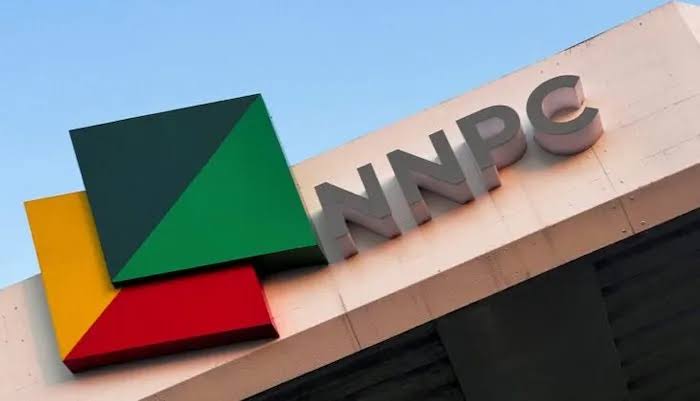NNPC’s remittances to FG top N10 trillion in seven months
Nigeria’s state-owned oil company, the Nigerian National Petroleum Company (NNPC), transferred a record N10.07 trillion to the federal government in the first seven months of 2025, underscoring the firm’s growing fiscal importance as authorities rely on oil revenue to stabilise public finances.
The figure, disclosed in NNPC’s September 2025 monthly report, represents the company’s statutory payments between January and August and is the highest seven-month total since its transition to a commercial entity in 2021.
BusinessDay’s findings showed the surge was supported by higher crude prices, improved production levels, and stronger gas sales.
Average crude oil and condensate production held steady at 1.61 million barrels a day (bpd) in September, according to the report, slightly below August’s 1.64 million bpd.
Production peaked at 1.77 million bpd earlier in the year before moderating amid maintenance at the Nigeria LNG plant and delayed start-ups at Oil Mining Leases (OMLs) 71 and 72.
The state energy firm stated that output has been supported by “industry-wide collaboration and production recovery initiatives,” although challenges persist in curbing crude theft and vandalism in the Niger Delta.
Natural gas production averaged 6.28 billion standard cubic feet per day (scf/d) in September, down from about 6.95 billion in August, reflecting temporary maintenance slowdowns. NNPC said progress on the Ajaokuta–Kaduna–Kano (AKK) and Obiafu–Obrikom–Oben (OB3) pipelines remains on track, with the AKK now 88 percent complete.
“These projects are pivotal for expanding industrial gas use and improving electricity generation,” said Tola Oni, an energy economist at Lagos-based Sofidam Advisors. “They will also anchor Nigeria’s position in the regional gas market.”
Read also: NNPCL revenue drops to N4.2trn as oil production drag in September
NNPC reported N4.27 trillion in group revenue and N216 billion in profit after tax for the period, according to provisional data in the company’s monthly summary. The results include adjustments to the cost of sales and income tax.
Brent crude prices averaged around $65 a barrel during the third quarter, while Nigeria’s output recovery helped offset weaker refining margins and high domestic distribution costs.
The company, now operating under the Companies and Allied Matters Act, has emphasised a commercial turnaround since its incorporation in 2021, reducing inter-agency leakages and accelerating payment timelines to the federation.
“NNPC’s commercial independence is beginning to pay off,” said Olu Adeyemi, a senior research analyst at a consulting firm. “It’s remittance track record is improving transparency and strengthening fiscal buffers.”
Pipeline uptime across upstream operations averaged 96 percent in September, reflecting fewer disruptions from sabotage or leaks. Security collaborations with the Nigerian military and local surveillance groups have significantly reduced downtime in the Niger Delta.
Also, NNPC Retail Ltd sustained 77 percent petrol availability across its filling stations nationwide, signalling steady supply despite market disruptions following subsidy reforms. The company has also expanded the NNPC-branded network to more rural locations to improve fuel accessibility.
“Without NNPC’s contributions, fiscal stability would be far weaker,” said Ifeanyi Okoro, an analyst at Aneria Research. “The bigger challenge is sustaining these inflows as global investment shifts away from hydrocarbons.”
If current remittance trends hold, analysts say NNPC’s total payments could exceed N15 trillion by year-end, providing a crucial cushion for government finances and external reserves.
“This trajectory shows NNPC evolving from a cost centre into a genuine profit engine,” Okoro said. “The test now is whether it can institutionalise efficiency beyond temporary production gains.”

